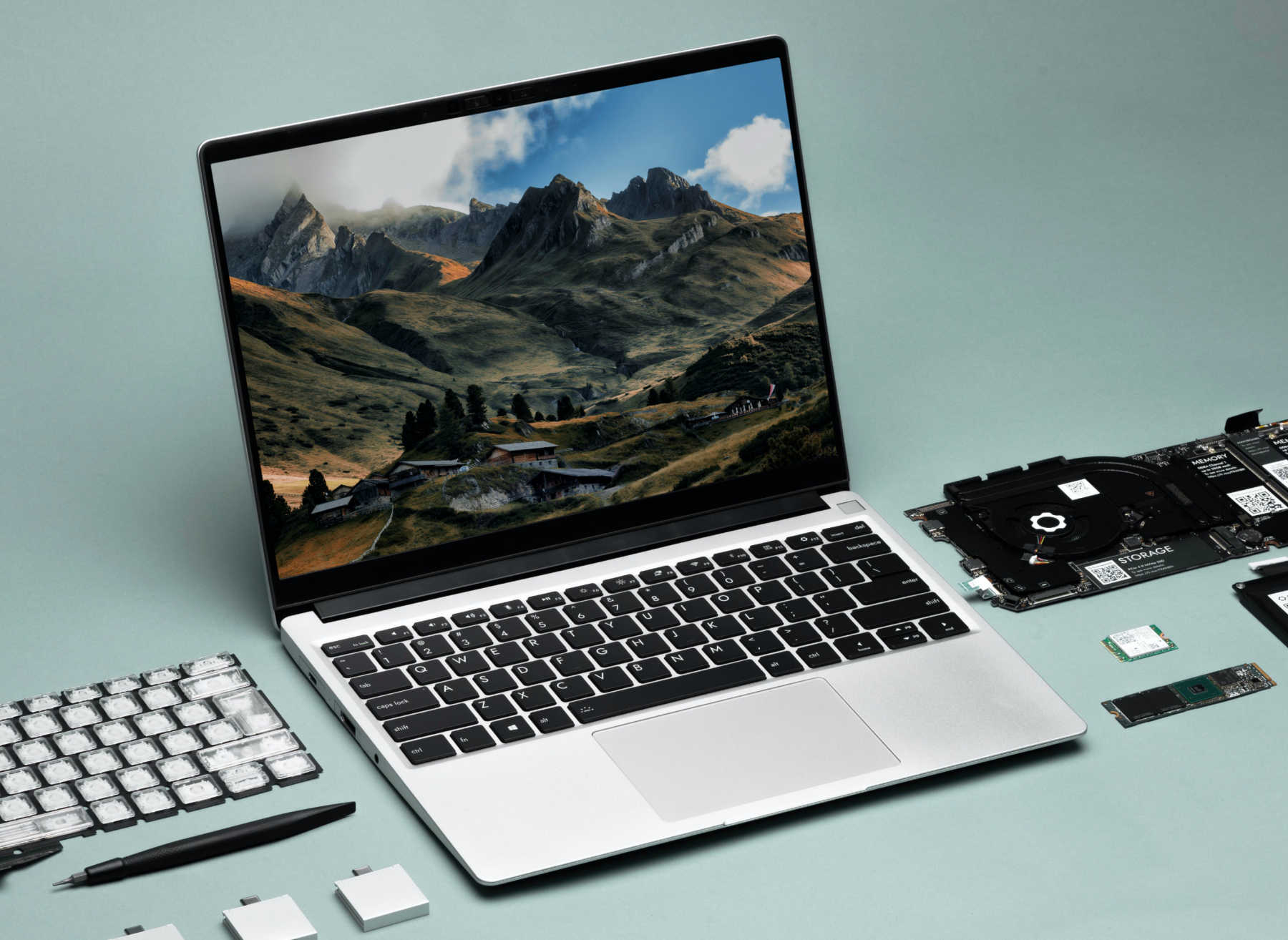Hardware Highlight: Frame.Work extended

Welcome back to another post! We hope this finds all of you doing well. We're back again today to talk about some updates about the Framework Laptop. First and foremost, pre-orders for batch one have already been underway for a couple of weeks and ships late July, 2021. Batch two will be shipping just after that in August, 2021. Some other information we've gotten a hold of recently really sheds some extra light on these modular systems. One of the nicest things to hear (and see on their website) is that the laptop is just 0.2mm thicker than a Macbook - this is astoundingly good because many people we've talked to never really thought the modular laptop would return (or be reborn) - if it did, it was always sort of assumed that the laptop would be a bulky monstrosity that no actual consumer or prosumer would actually want to purchase. It uses some recycled materials similar to how Macbooks do, it has a 4:3 aspect ratio (similar to Microsoft's Surface Book line), and has a 13.5" screen size. The weight, overall profile, and form factor is very similar to any other standard notebook. The motherboard and the internal components (outside of RAM, M.2 NVME drive, or other off-the-shelf components) are all custom designed by Framework in order to fit properly into the laptop chassis, so we will be relying on Framework to stick around so we can upgrade our systems with updated components - such as the main board - as they are released. The awesome thing though, is that during the design process Framework kept in mind that ensuring this system works with current CPU generations and future ones as well so the chassis should have some great longevity even though its internal components may be swapped out as new parts come out. In the case that the laptop is dropped or damaged, the bezel, screen, and other external components are easily replaceable! Another awesome update that we learned is that the swappable I/O interfaces (USB-A, USB-C, HDMI, Display Port, Highspeed-storage) are swappable in real-time without any need for system reboots - they are truly hot swappable modules. Framework also plans on making a marketplace to support the community which allows users and owners to upgrade their components and have the ability to sell used parts to other consumers that may need replacement parts. This is especially important because this allows some users to update their systems, it allows other users to upgrade their systems with used parts for cheaper or replace damaged parts, and the environment benefits as well because this offsets the "throw-away culture" that has become so popular these last few years. We watched some footage that went over some of the basics as far as taking this laptop apart. It takes about two minutes to replace a battery and add some RAM, and the screws to get many of the components out are captive-screws meaning that they don't come out of the chassis which ensures you're not dropping or losing screws that you'll need to later purchase and replace. The laptop will also come with a screw driver with an interchangeable torx and phillips head as well as a spudger on the other end which is all you will need to take this laptop apart and put it back together again. The internal parts that may (or may not) come with your laptop - depending on whether you choose to bring your own parts - will have QR codes on them for anyone who wishes to see documentation or support information for replacing parts or marketplace links for those wishing to purchase or sell parts. Lastly, the WiFi module is upgradable (we've never seen this before), meaning that as other technology is updated and sped up, users can even purchase new WiFi modules to ensure their hardware remains relevant. Even the keyboard is replaceable, and they have keyboards with different languages as well as keyboards with blank keys (for those odd people that like that kind of thing :D) - you can even change the color! The keyboards come with a nice 1.5mm of key travel which should work and feel pretty nice. This laptop truly will be as customizable, repairable, and well built as any custom desktop system. The final awesome mention is that Framework plans on releasing reference designs and documentation for the expansion I/O modules which will allow consumers and companies alike to build and design their own expansion modules which is so cool!
If you're interested in seeing an interview with the CEO, check it out on YouTube. Thanks for reading everyone! Keep loving, living, and learning Linux and Open Source!
